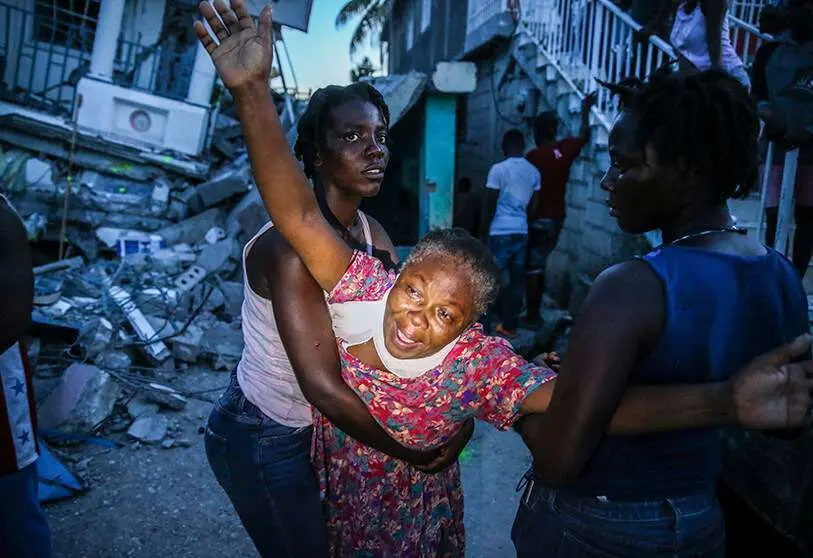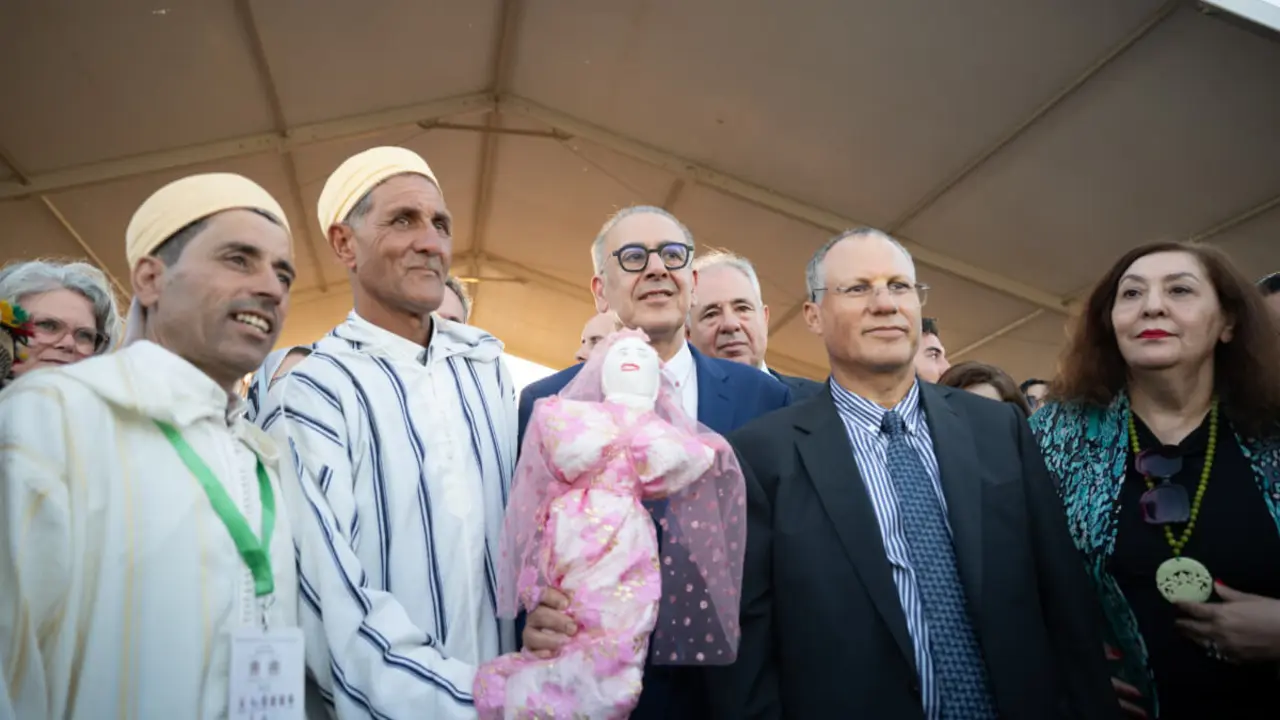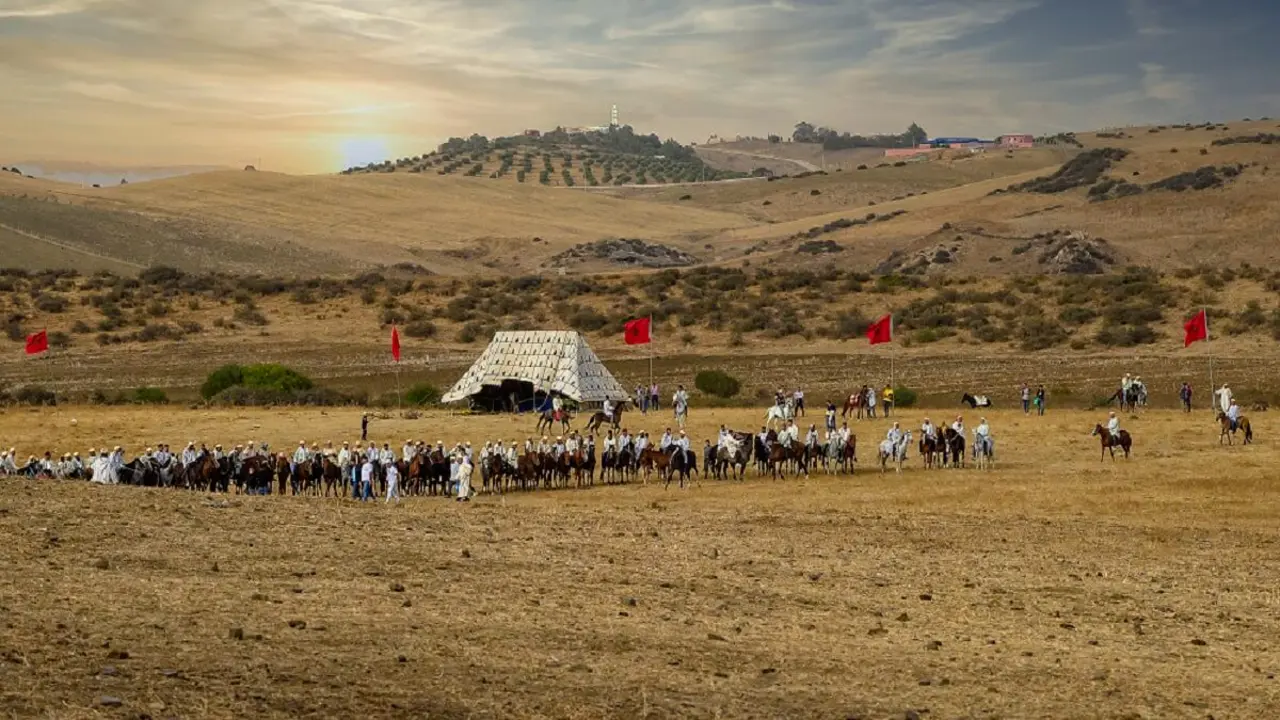Powerful quake and aftershocks cause more than 300 dead and 1,800 injured in Haiti

The earthquake measuring 7.2 on the Richter scale that devastated the south and other areas of Haiti caused at least 304 deaths and 1,800 injuries, as well as extensive material damage, aggravating the already difficult situation in the impoverished Caribbean country.
The quake, already among the 10 deadliest earthquakes in Latin America in the last 25 years, struck at 08:29 local time (12:29 GMT), about 12 kilometres from the town of Saint-Louis du Sud, with a hypocentre at a depth of 10 kilometres, and was also felt in the Dominican Republic and Cuba, according to the United States Geological Survey (USGS).
The USGS, which issued a tsunami warning but later cancelled it, assigned the quake a red alert on its human damage scale, which means that "a high number of casualties is likely and the disaster is likely to affect a large area," it said on its website.
The quake was followed by five aftershocks, including a 5.2-magnitude aftershock 17 kilometres from the town of Chantal, also with a hypocentre at a depth of 10 kilometres.

Preliminary data indicate that 160 people died in the South department, 100 in Grand'Anse, 42 in the Nippes and 2 in the Northeast, the worst affected areas.
It also adds that 1,800 people have been injured, a situation that has overwhelmed hospitals in the affected areas.
Haiti's Prime Minister Ariel Henry, who took office on 20 July, thirteen days after the assassination of the country's President Jovenel Moise, declared a state of emergency as a result of the earthquake, which has caused a "dramatic" situation, saying earlier in the day.
"The first details of information lead us to believe that there are several injured, that there are many dead and collapsed houses. There are now many people under the rubble. Especially in hotels and places of worship," he stressed.

Organisations such as the International Federation of the Red Cross and Catholic Relief Services called for the "immediate" installation of shelters to help "many people" who have lost their homes in the quake.
"In the area, everything is going to be needed, food, medicine, heavy equipment for clearing rubble (...) shelters will also have to be set up immediately, because people will not return to their destroyed or semi-destroyed homes," Peter Finlay, the International Federation of Red Cross Societies' delegate in Port-au-Prince, told Efe.
The Haiti director of Catholic Relief Services, Akim Kikonda, said that in the city of Les Cayes the "immediate" installation of temporary shelters and the provision of tarpaulins, jerry cans to store water and personal hygiene materials are needed.
In addition to the emergency situation, there is the political crisis, aggravated by the assassination of President Moise on 7 July, and the effects of COVID-19.

Several countries have expressed their solidarity with Haiti, which suffered another earthquake in January 2010 that killed 300,000 people, left an equal number injured and left 1.5 million homeless.
One of the first to speak out was the US government, which announced an "immediate response" to help the poorest country in the Americas, while Venezuela, Chile and Peru offered logistical support.
Dominican President Luis Abinader, whose country shares the island of Hispaniola with Haiti, offered to help "within his means".
Meanwhile, after expressing his solidarity with the victims, Cuban Foreign Minister Bruno Rodríguez stressed that Cuban doctors are working in Haiti to treat the injured. According to the Cuban foreign minister, the doctors who were working in the neighbouring nation as part of a bilateral collaboration agreement are assisting the injured "even outside the hospital facilities affected by the earthquake".








